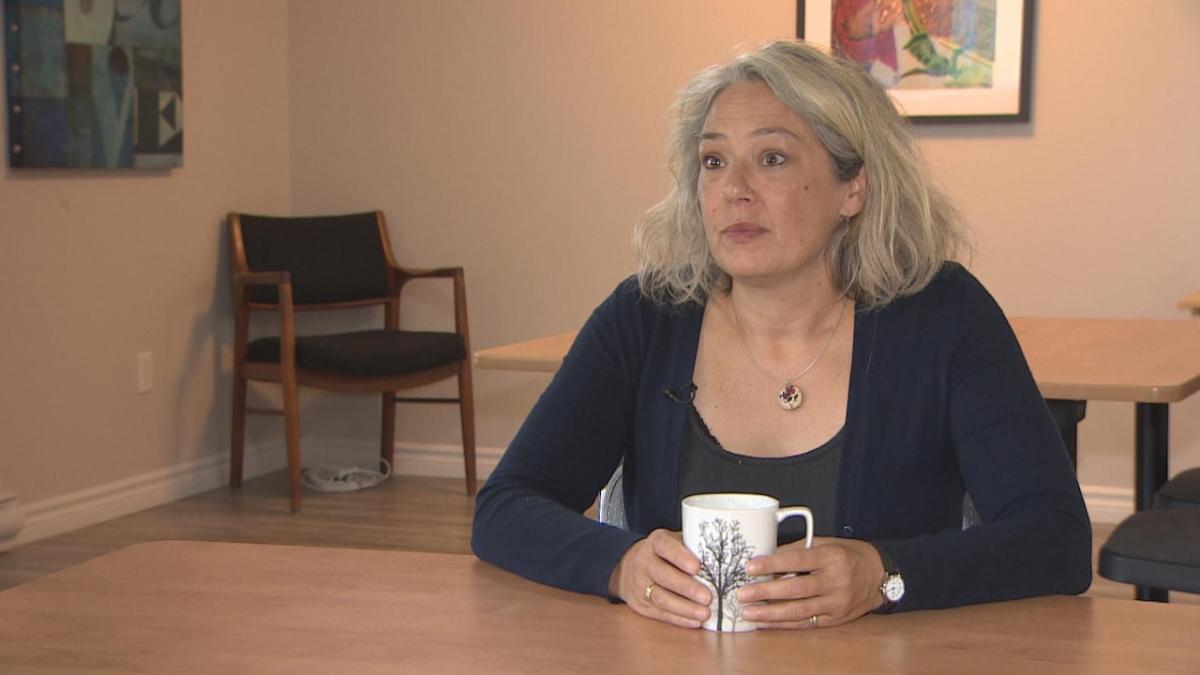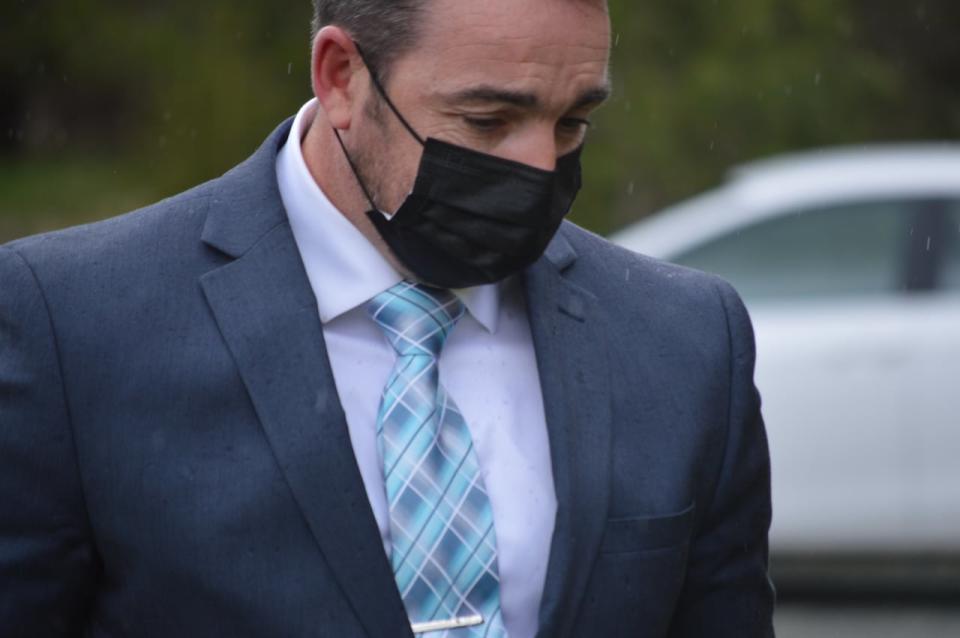



St. John’s Status of Women Council executive director Lisa Faye says the long court process over Doug Snelgrove had a negative impact on people’s trust in the justice system. (Curtis Hicks/CBC)
The head of a Newfoundland and Labrador women’s organization is worried the parole release of a former cop convicted of sexual assault could discourage people from seeking justice.
Former Royal Newfoundland Constabulary officer Doug Snelgrove was recently granted day parole — which he’s serving at his own home with his wife — after he’d served only about quarter of his sentence for the sexual assault of a civilian known only as Jane Doe.
St. John’s Status of Women Council executive director Lisa Faye says she’s been thinking about the possible ramifications of Snelgrove being out on parole, and the effect his release will have on the greater public.
“The potential impact [is] to discourage people to report these kinds of crimes,” Faye told CBC News. “And that’s really sad and it’s also quite scary. And I really feel like that’s been my overwhelming concern.”
She’s hearing from people who visit the centre who are wondering whether they can trust the justice system, asking whether they should report a crime.
“I understand that parole is something that happens and I understand that it is part of the system that we currently have. But the system we currently have does not work,” Faye said.


Convicted sex offender Doug Snelgrove, seen here immediately before his conviction on May 15, 2021, has now been released from prison and is serving the rest of his sentence at his St. John’s home on parole. (Malone Mullin/CBC)
Faye said the impact to Snelgrove, from the trial, conviction and time served, wasn’t equal to the impact his crime had on Jane Doe and “to women across our community who have thought about seeking legal repercussions for violent people in their lives,” she said.
“It’s impacting women in our community today in their decisions to seek justice because they have seen the long road that Jane Doe has gone through.”
Need for change
Faye said people who chose to go through the courts tell her they want to do it in a manner that doesn’t retraumatize them.
“The truth is, Snelgrove is not the first of his kind, and I’m really sad to say he’s unlikely last,” Faye said.
“But we slowly have to change these systems and we have to build a system of justice that meets the needs of survivors.”
The Snelgrove trial took almost a decade to wind its way through the courts. It took three trials before he was convicted of sexual assault. He was also out on bail for long stretches after his conviction while he appealed his case.
Faye said that seeing that long process could also discourage people from reporting crimes against them.
“When the search for justice happens over such a long period, it just becomes really hard for people to believe that people with positions of authority can be held accountable, especially when those systems are so linked to each other,” she said.
Faye said the St. John’s Women’s Council and other partners across the province are working on putting a focus group together to host discussions with people who’ve been impacted by violence, including seniors and new Canadians.
She said they’re looking to get information on what survivors want to see changed in the justice system and educate people on how to speak out about violence.
Download our free CBC News app to sign up for push alerts for CBC Newfoundland and Labrador. Click here to visit our landing page.